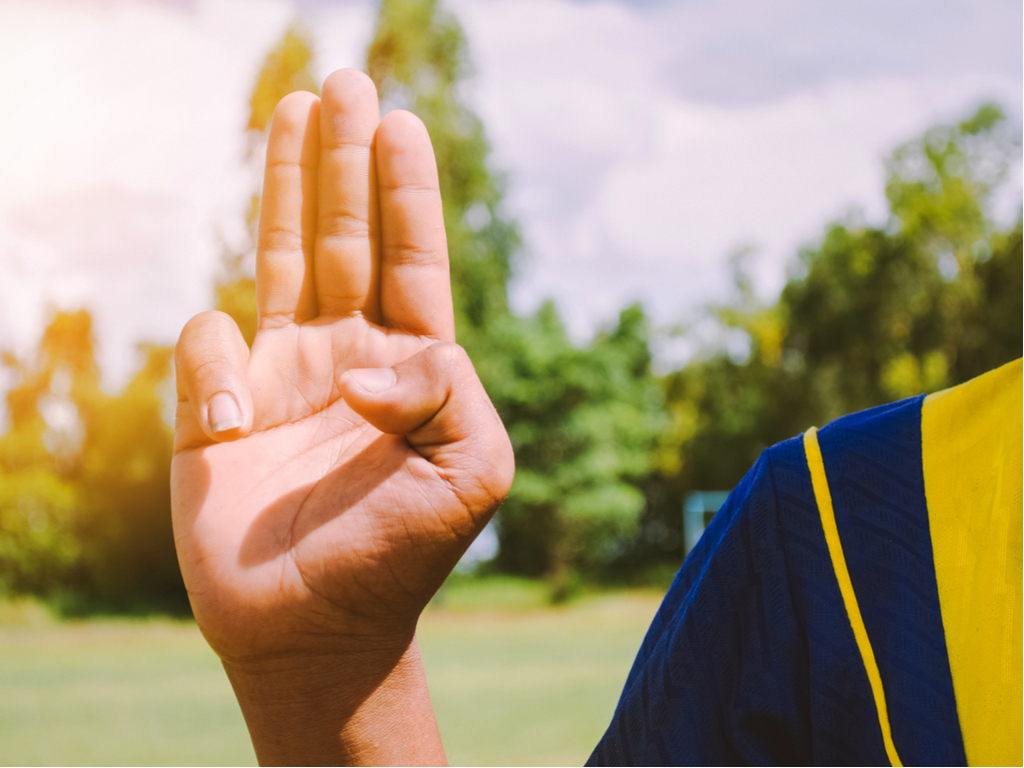



A Baha’i couple in Austin, Texas, started a conversation that led their son’s Cub Scout pack to stop appropriating elements of American Indian culture for its “crossover” ceremony, which celebrates Cubs joining Boy Scouts upon turning age 11.
At the same time, the Boy Scouts of America was in a process of discontinuing the use of American Indian regalia for crossover ceremonies nationwide as of January 2019. But other such uses — real or simulated — continue within the movement.
“I think that having an interest in Native American culture (both historical and contemporary) is really positive,” Misha Maynerick Blaise wrote in an article for the online publication Medium.
“Of course cultures should be in contact with each other and learn from each other, but how can we do it mindfully?”
She added, “Dancing, donning Native regalia, or utilizing sacred symbols (like Eagle feathers or sacred pipes) are not things that should be divorced from their particular tribal reality and religious meaning.”
Blaise and her husband, Nicholas, first encountered a ceremony using such symbols when their son, Kazimir, joined Cub Scouts.
After researching how American Indians are advocating for change in the practices of the Boy Scouts and other organizations, she raised questions about the use of native imagery.
When Blaise brought up the subject while training to be a spiritual adviser to the pack, she was told the practice is a sign of respect and honor — something many native tribes and advocates dispute.
“I felt like our conflicting worldviews had hit a dead end,” she wrote about the dialogue. “Who can argue with the assertion that it’s all just a big misunderstanding?”
But when the next crossover ceremony neared, the couple renewed the conversation — first with other parents, then with the pack’s parents’ committee.
While that deeper conversation will be ongoing, for the immediate crossover ceremony parents and leaders came up with a different theme that Blaise says the kids loved.
And she reflected, “I think there is a way that the [Boy Scouts of America] can move forward and still incorporate the study of Native American culture in their curriculum.
“The BSA might have to ‘sacrifice’ some of their familiar traditions, but the act of creating new traditions in solidarity with Native tribes will be far more impactful.”
Adds Littlebrave Beaston, a Baha’i in Austin, “Misha and her husband felt compelled to stand up for something they felt was wrong. Plus, they did not want to teach their troop nonsensical things. And by doing so, they changed the game a bit.”


![]()
![]()
Whether you are exploring the Bahá'í Faith or looking to become an active member, there are various ways you can connect with our community.
Please ensure that all the Required Fields* are completed before submitting.